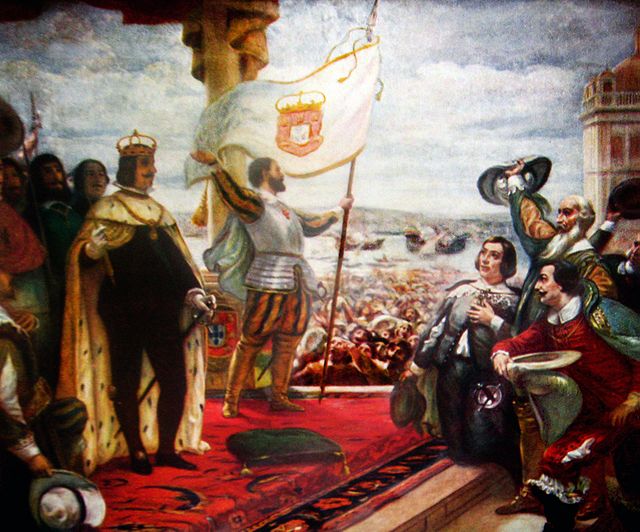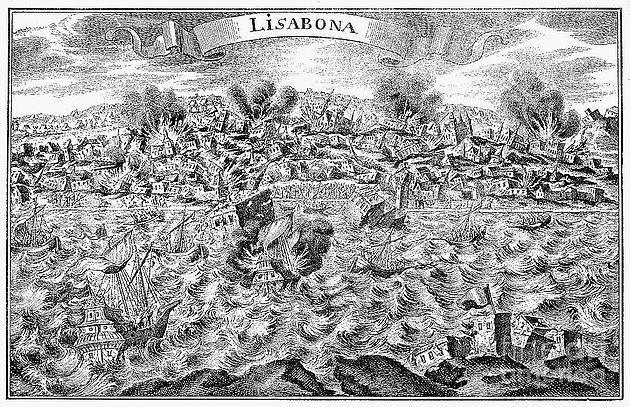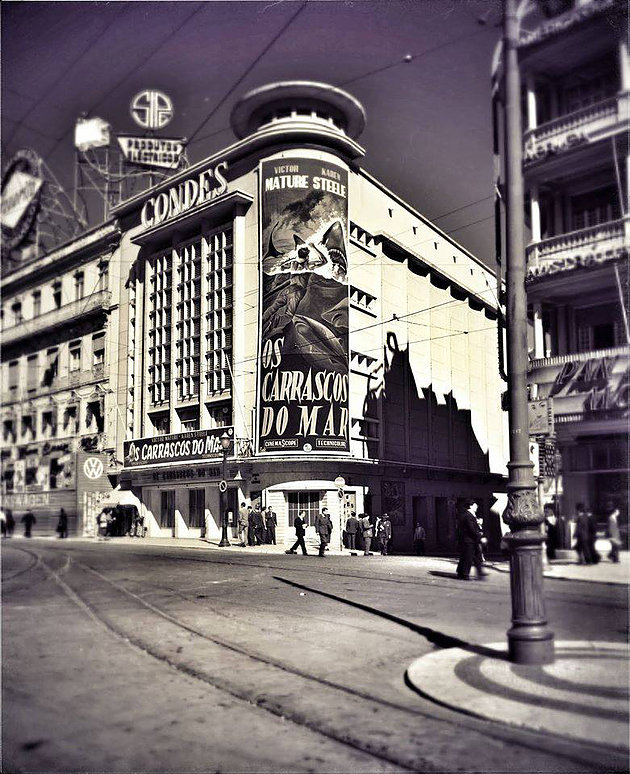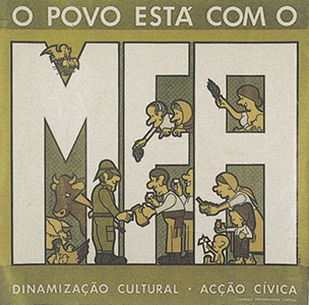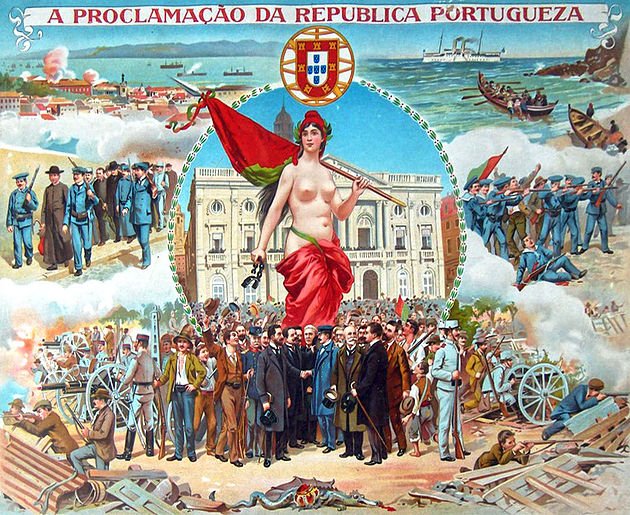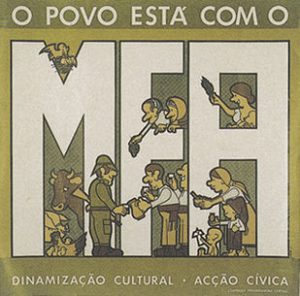 On this day, the 9th of September 1973, the Movement of Armed Forces (MFA) was founded in Portugal. Its founders were a
On this day, the 9th of September 1973, the Movement of Armed Forces (MFA) was founded in Portugal. Its founders were a
group of officers in the Portuguese Army who were disgruntled with the political situation in the country and with the Colonial War.
For those of you that are unaware, Portugal at the time was fighting a war in Africa on each of the main colonies it had in its possession: Angola, Guinea-Bissau and Mozambique. The belligerents who opposed the Portuguese were armed movements that sought independence for each of these colonies.
Maintaining a colonial empire was a key policy agenda of the Salazar regime, which had ruled the country since the 1920s. Salazar was adamant that Portugal should not decolonize and this position forced the nationalist movements in Africa (FRELIMO; FNLA; FLEC; UNITA; MPLA; PAIGC) to take an armed stand against colonialism.
Over the course of 13 years thousands of soldiers and civilians from both sides had perished as a result of the brutal guerrilla fighting, and the strain on Portugal’s resources meant that soldiers had to do progressively longer tours of combat.
Furthermore, Portugal was becoming increasingly more isolated in the international community, and it faced heavy criticism in global forums like the UN. Essentially the country had become a Pariah State, with a strong association with Apartheid South Africa.
This context resulted in a huge dip in morale amidst the Portuguese ranks. Young men began to illegally immigrate to avoid conscription and many officers began to resent the regime and the colonial project. A great deal even adopted the Marxist ideology of the enemy they were fighting.
And so the “Movimento das Forças Armadas” or Movement of the Armed Forces was founded with the goal of putting an end to the Regime, and consequently the Colonial Wars. It was originally a small conspiracy involving a handful of members of the Portuguese Armed Forces, but after the fall of the dictatorship it encompassed virtually the entire scope of the military. Some of the most notable members were Salgueiro Maia and Otelo Saraiva de Carvalho, who led separate contingents of soldiers into Lisbon on the morning of the 25th of April, 1974 and secured victory against the Regime.
Thus the seeds and of revolution were sown and after a period of immense political instability known in Portugal as PREC, the country would go on to become a plural multiparty democracy and a member of the European Union.
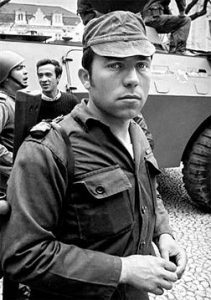
Salgueira Maia, Lisbon – Largo do Carmo 1974
Source: www.wikimedia.org
Watch this space for future posts on Portugal’s history and culture as well as current events affecting the country. And if you like this post share it with your friends on Facebook, Google + or Twitter.

